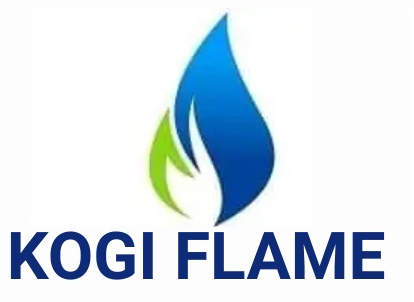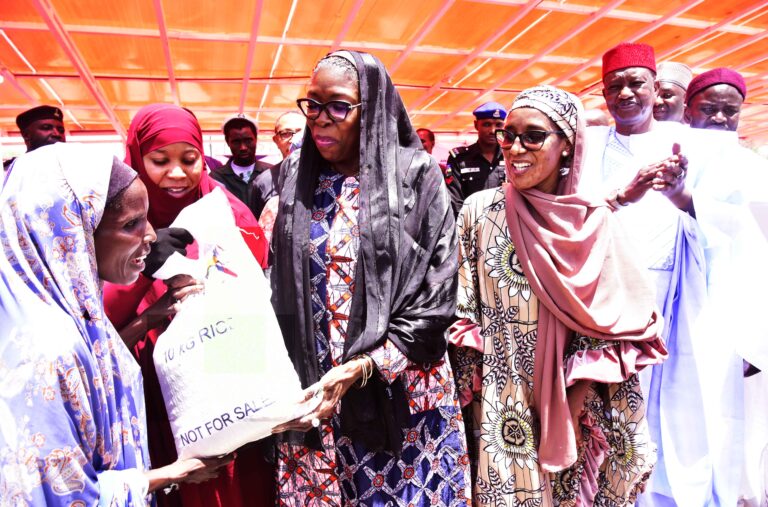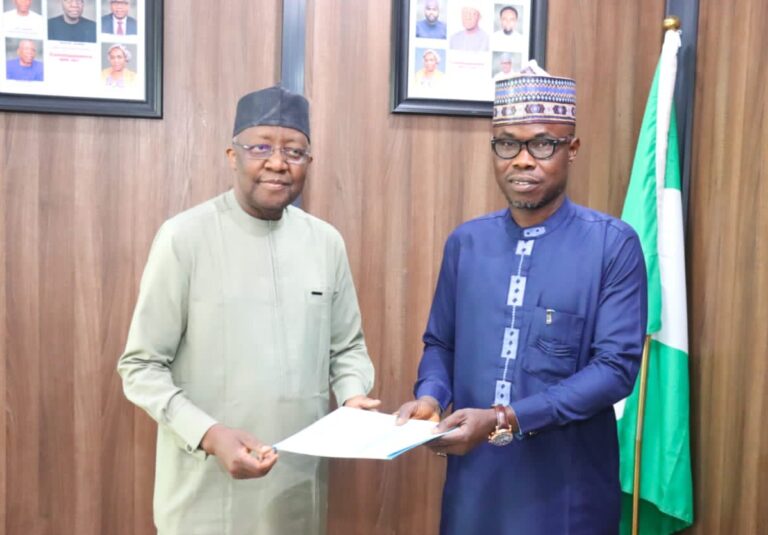Warning: Attempt to read property "post_excerpt" on null in /home/kogiflam/public_html/wp-content/themes/morenews/single.php on line 55
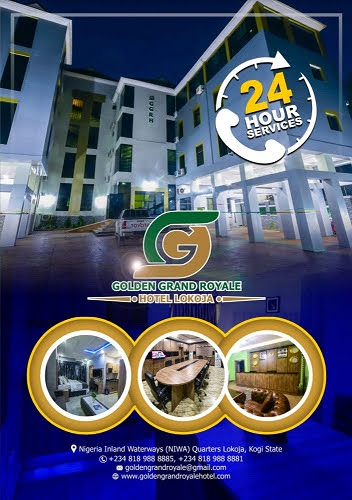
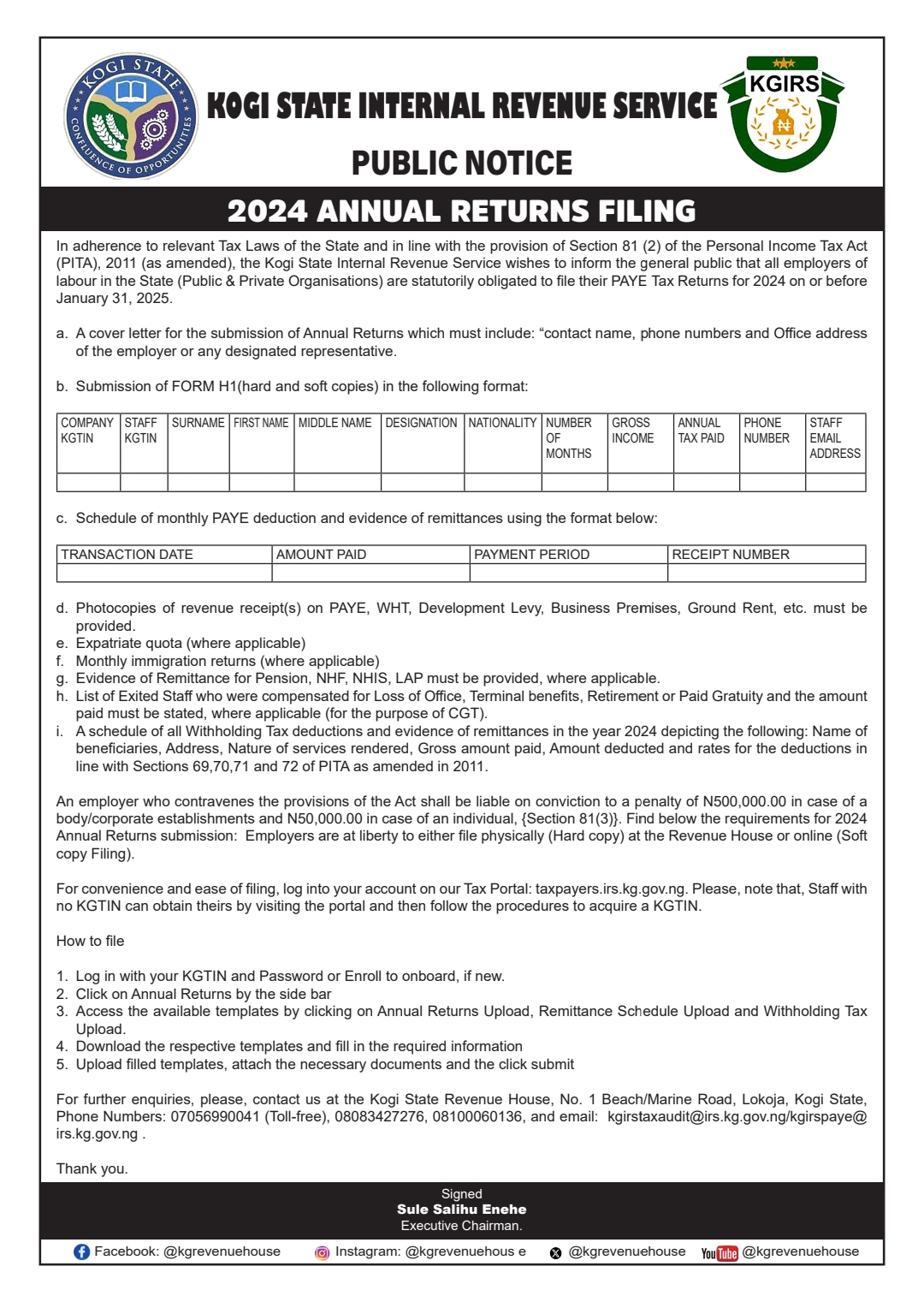
Kogiflame.com
A Non- Governmental Organisation (NGO), HEAL For Africa Initiative, on Tuesday urged the relevant stakeholders to take actions that would ensure sustainable solutions for effective menstrual hygiene management.
Dr Kelechi Okoro, the NGO Founder, made the call in Lokoja, at the first Annual Conference of their Pay Attention To Her (PATH) project, with theme: ”Sustainable Solutions for effective Menstrual Hygiene Management (MHM)”.
The first annual conference was organised by the HEAL For Africa Initiative in collaboration with the Office of the Wife of Kogi State Governor, headed by Hajia Rashida Bello.
Okoro said the PATH project launched a year ago, was aimed at empowering women and girls through sexual and reproductive health education and enlightening them on their role in nation building.
According to her, the project has empowered over 5000 girls in 11 schools on effective menstrual hygiene management, across the three senatorial districts of Kogi state.
She said that the NGO had also donated over 8200 free sanitary pads and PATH Period Purses containing pads, deodorant, toothpaste, toilet soap, disinfectant, among others.
The organisation today, had also launched the ”Pink Box/Bank projects” to be set up in every school to provide emergency pads and hygiene products for girls during school hour.
She noted that the Pink Bank project would be set up as a free pad collection centre for women and girls who could not afford disposable pads.
”We are advocating for policies that will foster better menstrual hygiene management for girls in Kogi.
”Today’s program is symbolic as we have gone a step further to bring together stakeholders, decision makers and government to hear about our advocacy, give insights of the situation and provide sustainable solutions.
”We need the stakeholders to tell us what they can do better to make sure the school girls and women have a safe hygienic and healthy menstrual cycle with dignity.
”We want menstrual hygiene to go beyond school girls, to IDP camps, markets, rural communities, disabilities and to also include men.
”In terms of school policies, we want WASH facilities, Pink Box to be available in all our schools.
”Implementation of the menstrual hygiene education in the curriculum, and train teachers who would impact this knowledge into the students,” she said.
Okoro, who is also a Health Entertainer said that sanitary pads that were not properly disposed could cause infections and nuisance to the people in the environment.
She urged the state government and ministeries to get involved in the production of reusable sanitary pads for sustainability.
She thanked Her excellency Hajia Rashida Bello, for her commitment on the Pink Box and for partnering with the NGO on the program to make sure that it goes beyond today.
She urged everybody in the society to get involved in the Pink Box project, by donating funds and pads, to ensure that indigent girls get access to a sanitary pad every month.
”We want a menstrual cycle friendly environment, schools, offices, LGAs, among others.
”We now have men and women who are making commitment to ensuring that we have a menstrual hygienic environment. Menstruation is everybody’s business,” Okoro said.
In her remarks, the wife of the Governor, Hajia Rashida Bello, commended the NGO for the initiative describing it as ”a laudable program for girl child who are the mothers of the nation”.
”This is part of what my NGO is also doing to alleviate the suffering of the poor girl child in the society and put smile on their faces. I have also learnt many things today,” she said.
She added that her office would liaise with the state ministry of agricultural for the production of re-usable sanitary pads, accessible and affordable for indigent girl child.
She urged the participants to ensure they abide by what they had been taught today by the professionals, while advising them to pay attention to themselves and maintain a healthy menstrual hygiene.
Mrs Bello, who inaugurated the ”Pink Box/Bank projects”, assured the NGO of her total support saying her office would have a pink box where the indigent girls could come and pick free sanitary pad for use monthly.
On her part, Dr Afolashade Ayoade, the Secretary to Kogi Government, charged the girls to be proud of their menstrual cycle, saying, ”I am 54 and still menstruating; I am still one of you and proud to be part of you”.
Ayoade advised the girls not allow men to ruin their destiny because of N500 to buy a sanitary pad during their menstrual cycle.
”Don’t say you are poor and because of that allow boys to molest your destiny: you can use renewable pad that is hygienic and affordable.
”Make use of what you have. Don’t let any boy destroy your destiny; we are tired of teenage pregnancy.
”The vital thing is to maintain a healthy hygienic menstrual cycle,” Ayoade advised.
Earlier, Dr Stella Adejoh, a Gender Expert, in her keynote address, said that menstrual hygiene management, was an important aspect of women reproductive and overall health (Code for Africa, 2018).
According to her, MHM is not just about providing sanitary pads alone but about helping younger girls and people around their lives have the information and knowledge around the issue.
”Menstrual cycle should be considered as a right issue rather than perceived as a taboo especially by persons living in rural communities.
”The call to action for everyone here today is our commitment to ensuring the availability of sanitation services for the girl child right from the home, school and public places.
”Access to sanitary wares must be seen as a policy issue,” Adejoh said.
Adejoh, who doubles as the Director General, Kogi State Bureau of Public Procurement, urged government across board to consider gender inclusive in annual budgeting to enhance sustainable social change.
The highlight of the event was the panel discussion on the theme of the event on the sustainable solutions for menstrual hygiene management.
Among the discussants were the State Commissioners for Education, Science and Technology; Women Affairs; Agriculture; Health; Environment; Special Adviser on Health Matters; House of Assembly member; and representatives of other relevant Agencies.
The Commissioner for Education, Science and Technology, Mrs Rosemary Osikoya, said a department of ”Education Support Service” was created in the ministry to address such issues and other related matters.
Osikoya said that the State Government through ministry would also be recruiting 3700 teachers, including the Guidance and Counseling teachers to help in educating students on MHM.
Mr Kehinde Oloruntoba, the state’s Commissioner for Agriculture, said one of the major problems in MHM was the issue of affordabality, and called on all relevant Agencies to come together and look inward in producing reusable sanitary pads that is safe and affordable.
”We must make conscious effort as a state to producing cotton which is the major raw materials for making sanitary pads.
”As parents, we should also educate our children properly even before they start experiencing their menstrual cycle,” Oloruntoba said.
He also called for collaboration with the stakeholders to encourage private partner.
